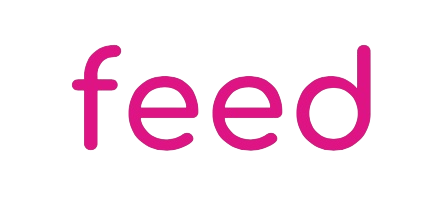
Chemotherapy
If your cancer treatment includes chemotherapy the information below provides some basic information on what to expect in relation to your infant feeding options.
We are not the experts and recommend speaking to your health care professional for further advice.
What is Chemotherapy?
Chemotherapy is a broad term used to cover any drug given to kill cancer cells. There are many different chemotherapy drugs designed to target different cancers, but essentially they all work in a similar way; they identify the cancer cells and cause cell death.
Sometimes, healthy cells are affected by chemotherapy drugs, especially if, like cancer cells, they are rapidly developing. An example of this would be damage to healthy hair cells, which is why some chemotherapy drugs lead to hair loss as a side effect. This effect is important to understand because chemotherapy drugs can often be non-discriminatory. That is to say, if the drug meets a healthy cell, it won’t always recognise it as healthy and might try and kill it.
Further information on chemotherapy can be found in the NHS guide to 'What is Chemotherapy?'
Can I breast feed if I am having chemotherapy?
There are many variables needed to be able to answer this question on an individual basis, but in short and in the most general sense, the answer is no.
For the reasons oulined above, if a chemotherapy drug finds its way into your milk supply, and your baby drinks this, there is a risk it could cause cell death in the healthy cells of your baby. In simple terms, chemotherapy drugs are highly toxic for your baby. We strongly recommend you discuss your concerns and expectations with your doctor, as they will be able to advise you on your options based on your individual treatment plan.
So, what are my feeding options?
It is most likely that if you need chemotherapy your options for feeding your baby are limited. If the chemotherapy is delayed, you have an option to stock up your own milk prior to starting treatment. Once chemotherapy treatment has started, the stored breastmilk can be used. Other feeding options are donor breast milk and formula milk. You can feed your baby any combination of your own expressed milk, donor breastmilk or formula milk. Starting with one option and changing to another is also completely okay for your baby.
Depending on the variables, there is an outside chance your chemotherapy treatment might be of short enough duration that it might be an option to pump & dump. By this we mean you could express your breastmilk (pump) to maintain your milk supply and then discard this milk (dump) whilst on chemo, and during the wash out period until your milk is chemo-free. After this you can start breastfeeding again. Please speak to your oncologist about this option, but be aware that it is most likely they will say this is not an option, as the risks for your baby are too high and the demand on your body too great.
Where can I find out more?
Your oncologist will be able to give you more details about your feeding options based on your individual treatment regime. However, not all oncologists will have specialist knowledge in infant feeding. Likewise, lactation or infant feeding consultants can support infant feeding but, like us, do not have specialised knowledge on chemotherapy and it’s effects.
You can seek more specific information from specialist organisations:
Mummy’s Star is an independent organisation to help women with cancer who are pregnant or who have babies, and their families. Their website has lots of peer support and facts on aspects of your care. Mummy’s Star also provide information for healthcare workers who are supporting Mums living with cancer.
Macmillan are a cancer charity who work with Mummy’s Star and provide information on infant feeding while living with cancer.
Pharmacist Wendy Jones provides excellent information on taking medication while breastfeeding. Although her factsheets do not cover chemotherapy drugs specifically, Wendy provides information on many additional medications you may take during your treatment.
Our thanks to Dr Jim Parry, Specialty Trainee in Medical Oncology.






